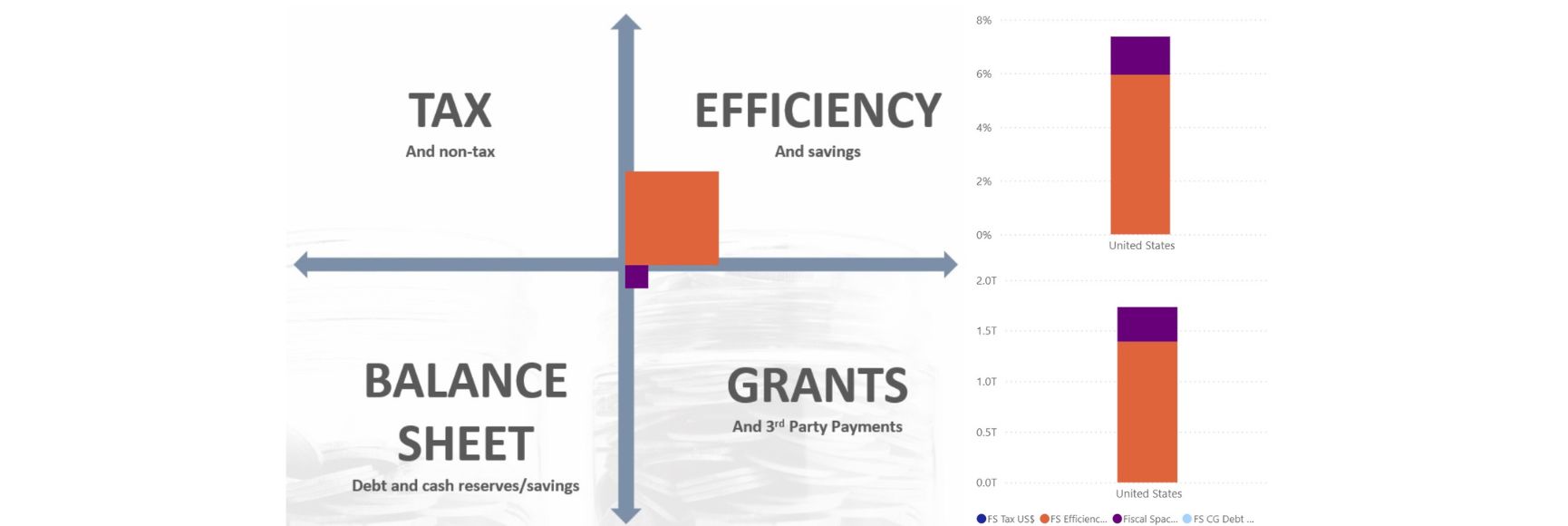Posted by Ian Lienert
Like many low-income countries, Haiti has ambitions to improve budget management and public financial management (PFM). A number of donors have been assisting the Ministry of Economy and Finance (MEF) in public finance reforms, including taking steps towards program budgeting, improving internal control and external audit, and strengthening anti-corruption efforts. A key question is: What are the priorities for reform?
At an IMF-organized seminar held in Port-au-Prince on October 30, officials from the MEF and other government agencies debated how to address weaknesses in PFM, especially in budget execution, expenditure control, government banking arrangements, and government accounting. It was agreed that a top priority was to obtain good quality information on the execution of the annual budget.
The seminar was held as part of a technical assistance carried out by the IMF’s Fiscal Affairs Department (FAD). Over 25 officials from various departments of the MEF attended, including representatives from the Macro-Fiscal Department, the Budget Directorate General, the Treasury Department, and the General Financial Inspectorate. Financial controllers and public accountants placed in various spending ministries, representatives of the Central Bank of Haiti, the National Police and the Anti-Corruption Agency also attended.
The seminar first focused on recent improvements in budget preparation. The adoption of the annual budget for 2009/2010 by parliament before the beginning of the new fiscal year was a new milestone for Haiti -- previously there were long delays before parliament approved the budget. However, weaknesses in budget preparation continue, including: the weak links between the budget for recurrent spending and the investment budget, which is mostly financed by donors; a lack of dialogue between the MEF, the planning ministry, and spending ministries; and off-budget revenues or aid inflows that finance some ministries’ spending. The MEF, with technical assistance from Canada, is embarking on an ambitious long-term project of adapting to a program budget approach and introducing medium-term expenditure frameworks (MTEFs).
Budget execution and expenditure control has improved recently through automation of non-wage spending. Major remaining problems include: lack of control of recruitment of teachers and contractual staff; and risks associated with the Haitian practice of paying suppliers before they deliver goods and services (controls of delivering quantities at invoiced prices are quite weak). It was proposed to strengthen controls – both internal control and external oversight by the Court of Accounts and by Parliament (where the Commission of Finances has become active).
Government accounting is probably the weakest of all PFM areas in Haiti. A new budget classification system and chart of accounts is now being used, with the two systems linked together by a bridging table. Although there is a monthly budget execution report (the “TOFE”), prepared within 15 days after the end of each month, no monthly consolidated accounts are prepared. Other weaknesses in government accounting and fiscal reporting are: lack of recording of final expenditures for government investment, non-transmission by donors of information on disbursements from donor project accounts, incomplete reconciliation of accounts with banking data, slow preparation of annual accounts, and slow audit of them by the Court of Accounts. Although draft Budget Execution Laws for 2005/06 and 2006/07 have been presented to parliament, the two chambers of parliament have not “signed off” on the record of revenues and expenditures executed 3-4 years ago.
The concept of a treasury single account has not caught on yet in Haiti. Unlike in some other low-income countries, commercial bank accounts are not widely used by government agencies. Nonetheless the funds of the special government-to-government arrangements for Venezuelan oil imports, and the proceeds of monetizing aid-in-kind, pass through accounts held at a State-owned commercial bank (the same bank is used for government transactions outside Port-au-Prince). In Haiti, the Treasury Department of the MEF, government ministries, other government agencies, and many donors, have their own accounts in the Central Bank of Haiti, the BRH. These are not consolidated into a single operational account under the control of the Treasury. On the contrary, each ministry has open at the BRH a “current account”, used for both on-budget and off-budget spending. Even for domestically-financed expenditure, there is a special treasury investment account that is used for channeling funds to project accounts. Such arrangements inhibit effective cash management, as balances are spread over many accounts and, at the same time, the government is indebting itself to the BRH (the central bank provides overdrafts to the government).
At the seminar, the FAD mission made a number of presentations (in French) which resulted in considerable debate. There was considerable agreement with FAD’s sketch of the present situation. Most participants maintained that the suggested reform options would take time. There was general agreement, however, on the necessary sequencing of reforms:
• Further improvement of the annual budget should precede introducing multi-annual projections, especially when donors do not provide accurate projections on project disbursements or budget support over a multi-year period.
• Appropriate execution of the present “input” budget should be achieved prior to passing to a system of program budgeting.
• Government financial accounts need to be substantially improved prior to investing heavily in systems that provide non-financial budget-related information such as performance indicators of budget programs.






